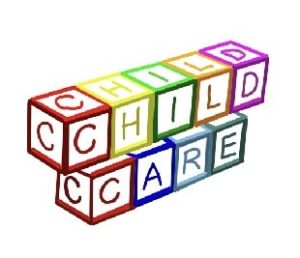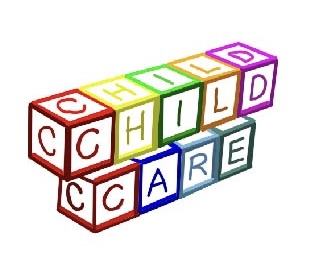Affordable child care is a major concern for student parents that was exacerbated by the onset of the COVID-19 pandemic. The expense of child care can often be crippling, and the lack of child care providers makes it even harder.
To help parents in the university community combat this concern, the Department of Human Resources is offering child care help sessions to employees and students on Oct. 19 and Nov. 16 at the Jackson Avenue Center. These sessions will help parents determine if they are eligible for funds under the new Mississippi Child Care Payment Program.

“The university is working on several fronts to support parents on campus. While we work to expand early learning and child care opportunities on our campus, we are connecting our student and employee parents to existing resources,” UM work-life resources program manager Lynn Wilkins said. “At our child care help sessions, we meet one-on-one with students and employees who need help with child care expenses to determine whether they’re eligible for state funds, and then we help folks apply.”
The Child Care Payment Program, which is federally funded, gives Mississippi parents the option to pay a monthly co-payment fee rather than the full cost of monthly child care. Qualified parents are able to provide their child with care for a more affordable price, rather than paying the full cost out of pocket.
“A single parent of one child can make up to $38,000 and still be eligible to receive support for child care expenses from the Mississippi Child Care Payment Program, and the income threshold increases with the size of the family. Any parent/guardian who meets the income threshold can apply, no matter their gender or marital status,” according to a UM Today email sent by the university.
According to an article published by NPR, 34% of families with young children are facing serious problems finding child care when adults need to work. The poll also found that in the last few months, 44% of households with children under age 18 have been facing serious financial problems. That figure jumps to 63% for Black families and 59% for Latino households.
“We have student parents at all levels of the student experience: graduate and undergraduate, college-aged and nontraditional. After a series of roundtable conversations with student parents last spring, we know that child care is the main obstacle to student parents working to stay in school, be successful and graduate, but it’s not the only one,” UM work-life resources program manager Lynn Wilkins said.
Wilkins also stated that having the support of your peers is important.
“Finding support and peers who understand what the student parent experience is like is also important, so student parents have come together to form the UM Student Parent Association. The UMSPA gathers student parents to build community and support and help the university understand and prioritize needs,” she said.
Casiah Watson, a senior computer science major, is one of those student parents.
“UMSPA has given me the community I have been looking for because traditional college students do not really understand my situation,” Watson said. “With UMSPA, I am able to meet other college students who are also parents and can share experiences and advice. I’m not just responsible for taking care of myself, but also my daughter, which adds another layer of complexity to college life.”
Watson also described some of the struggles that student parents face.
“Student parents not only have to balance school and work, but also our child, who inevitably comes first. We have to make child care arrangements, which is really tough in Oxford. Also, before we get to Oxford, (we have to) find housing that doesn’t make you purchase a whole 2-3 bedroom apartment unit at $1,200 a month because you have a kid,” Watson said.
Watson believes the university itself offered her little support during her time as a student. She instead posits that professors and success coaches were the most supportive when she became a student parent.
“I don’t feel as though the university has really helped student parents,” she said. “I became a student parent in the beginning of the spring semester of my freshman year, and if it wasn’t for the professors that reached out when I dropped their classes, I wouldn’t be graduating in the spring.”
According to Watson, the university should bring back family housing to help make it easier for student parents to find convenient and affordable accommodations. The university should also expand the Willie Price Preschool to accept younger children, so more student parents can have access to on-campus child care.
While imperfect, the university is working on several fronts to increase support for parents on campus. In addition to the child care help sessions, the university now offers several lactation stations on campus. These stations make breastfeeding more convenient and accessible to parents. There are two Mamava Lactation Pods — one located in the Student Union, the other in the Pavilion. Other breastfeeding spaces are available around campus to create a safer space for breastfeeding parents. The list of each space is available on the UM Department of Human Resources website.
“The goal is to support our student and employee parents in ways that make it easier for them to choose UM and to advance academically and professionally, and, in the process, we’ll make UM an even family-friendlier campus,” Wilkins said.












